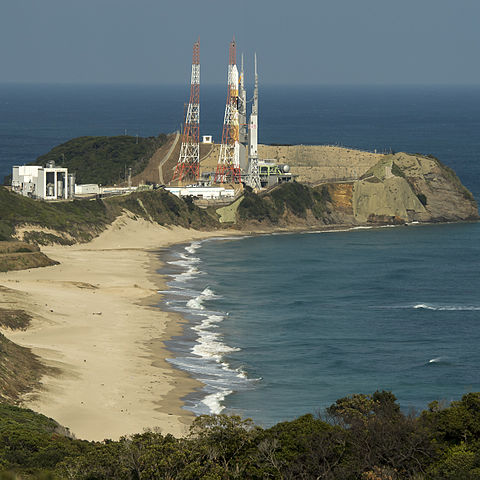Trust Japan to come up with a practical space mission: cleaning up the junk circling the Earth’s orbit. A cargo ship was launched from Tanegashima Space Center in the North Pacific, equipped with a half-mile-long tether to remove debris.
The tether, made of aluminum strands and steel wire, is designed to slow down any waste material and pull it out of orbit. It was developed and made with the help of a fishing net company, Nitto Seimo Co, that is 106 years old, the BBC reports.
There are an estimated 100 million pieces of space junk circling the planet, composed of discarded equipment from old satellites, tools and rocket parts.
Many of these move at a high velocity, as fast as 17,500 miles per hour, and could cause huge accidents or damage the world’s telecommunications network.
All this junk has accumulated in the 50 years or so that humans have been exploring space, dating back to when the Soviet launched the first Sputnik in 1957. Satellites colliding with each other and anti-satellite weapons testing have only added to the problem.
The cargo ship, names Kounotori in Japanese or Stork in English, is also bound for the International Space Station to deliver supplies.
This is a part of an international program that seeks to make space – at least as close to the Earth as possible – a safer place for astronauts by removing space junk. The hope is that the Stork will be able to provide better protection for space station, weather and communications satellites that are worth billions. There are supposed to be big financial benefits in lowering the risk for space exploration, but experts say the Japanese model will only be good for bigger pieces of garbage.
There are many initiatives in the works for addressing the problem of space junk. Others have been harpooning, lassoing, sweeping and hauling debris into the atmosphere for burning.
























